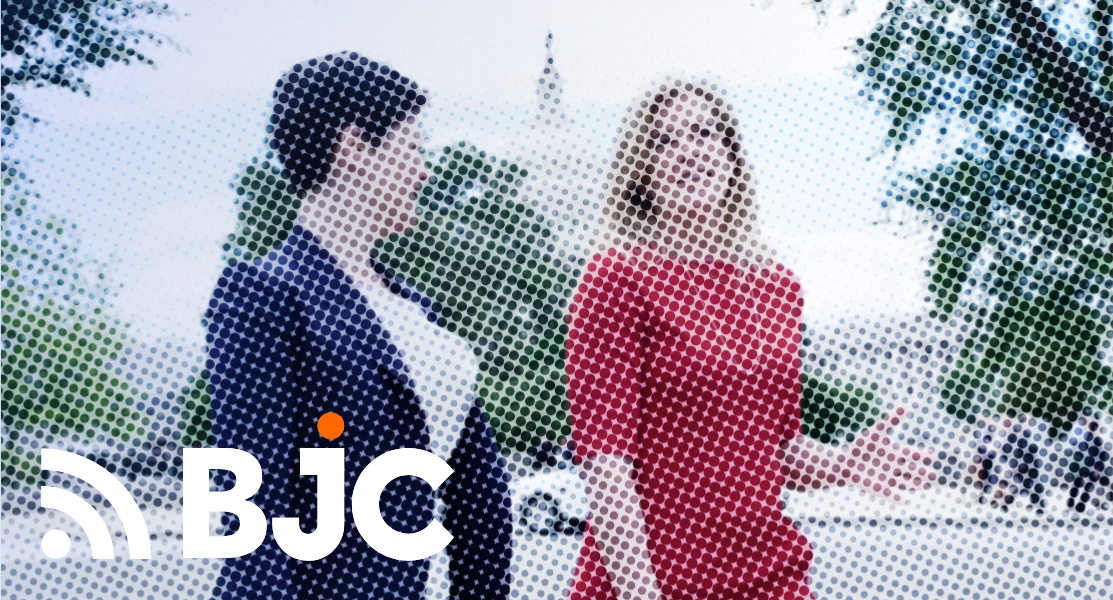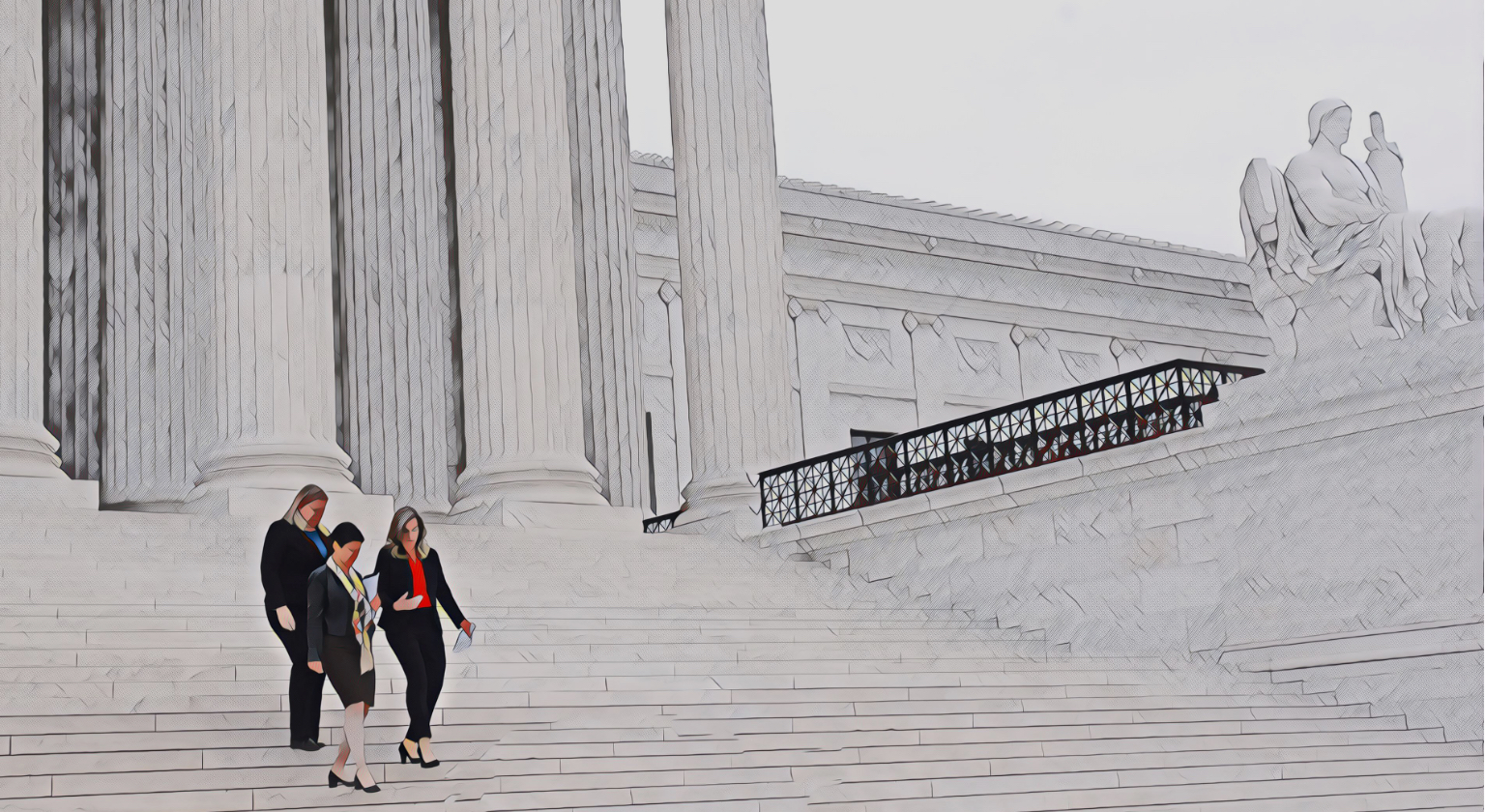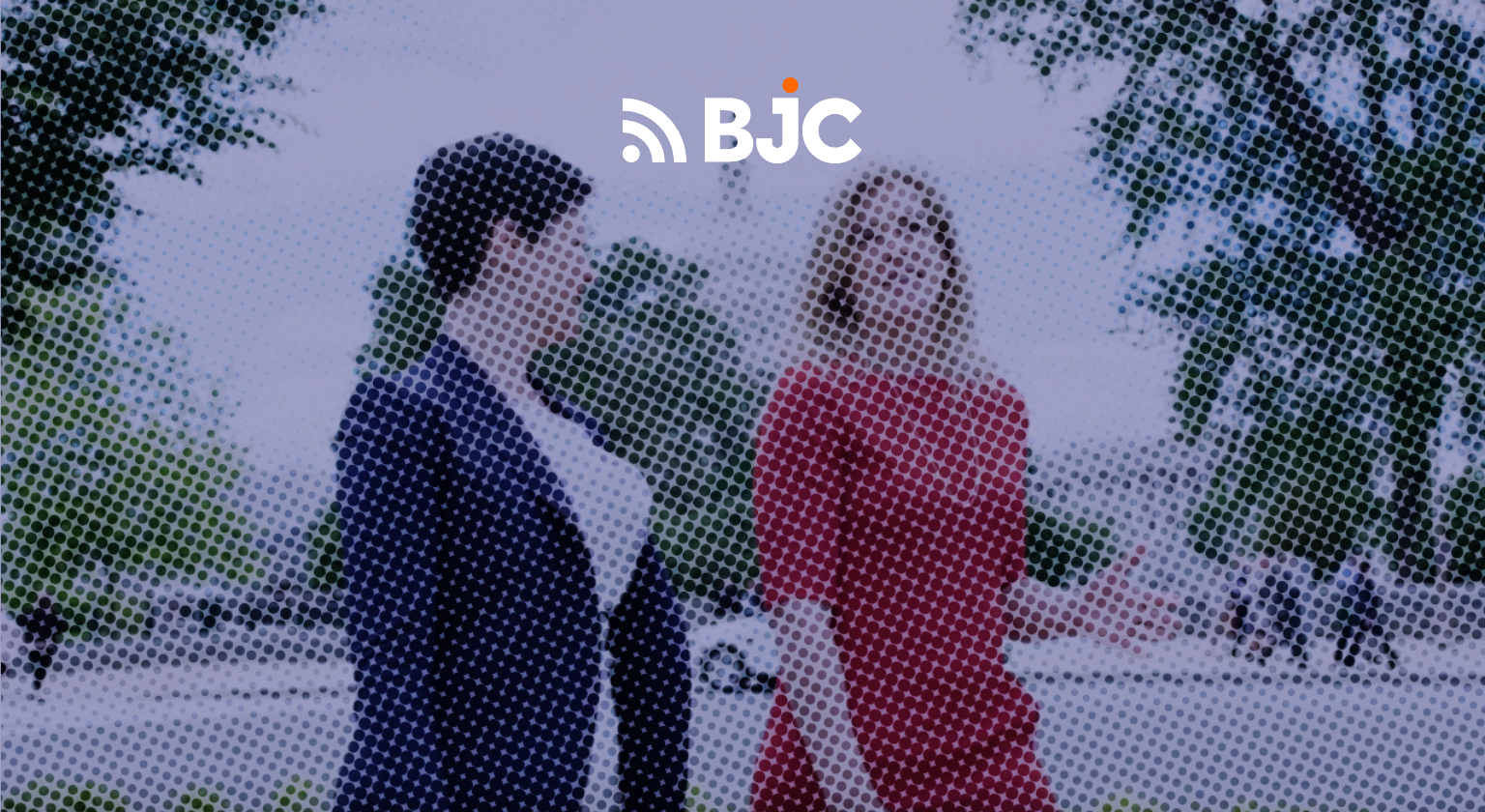Ep. 19: SCOTUS disregards distinctiveness of religion in school funding decision

Amanda and Holly examine the troubling Supreme Court ruling that has major implications for funding education and protecting against government-sponsored religion. They break down the decision in Espinoza v. Montana Department of Revenue, including a concurrence that would undermine the entire Establishment Clause and the different angles taken by the dissenting justices. In segment three, Amanda and Holly share ways they are seeing religion respected in the world around us.
Segment 1: Understanding the Espinoza decision and its application of an earlier case (Starting at 00:40)
For resources from BJC on the case of Espinoza v. Montana Dept. of Revenue, visit BJConline.org/Espinoza.
To hear Holly and Amanda’s February discussion on the Espinoza case, listen to episode 2 of this podcast series.
For more background on the 2017 Trinity Lutheran v. Comer case (involving a playground resurfacing in Missouri) that Amanda and Holly mentioned as a precursor to this case, visit BJConline.org/TrinityLutheran.
Read the Espinoza opinion by Chief Justice John Roberts; concurrences by Justice Clarence Thomas and Justice Samuel Alito, and Justice Neil Gorsuch; and dissents by Justice Ruth Bader Ginsburg, Justice Stephen Breyer, and Justice Sonia Sotomayor at this link.
Amanda and Holly mention “no-aid” provisions during this conversation, which are clauses often found in state constitutions to make sure taxpayer money does not fund religion. The principle that government should not fund religious activities or interfere in religious doctrine is deeply rooted in our country’s religious liberty tradition, recognizing the distinctiveness of religion and protecting against government advancement and interference in religion.
Segment 2: The dissents and BJC analysis of this landmark case (starting at 16:35)
Read Holly’s analysis of Espinoza for the symposium on SCOTUSblog: What’s ‘the use’ of the Constitution’s distinctive treatment of religion if it is disregarded as discrimination?
Amanda mentioned reports that the Trump administration plans to push for tax money for religious schools, check out this article from McClatchy by Francesca Chambers: Trump to seek funds for private, religious school scholarships in COVID recovery bill.
Segment 3: Religion respected in the world around us (starting at 32:42)
Holly and Amanda mentioned this CNN article featuring college students: Finding God in the unlikeliest of places.
Holly and Amanda also discussed this video from NPR featuring five descendants of Frederick Douglass reading and responding to his famous speech, “What to the Slave is the Fourth of July?”
Respecting Religion is made possible by BJC’s generous donors. You can support these conversations with a gift to BJC.
Podcast: Play in new window | Download
Subscribe: Apple Podcasts | RSS






